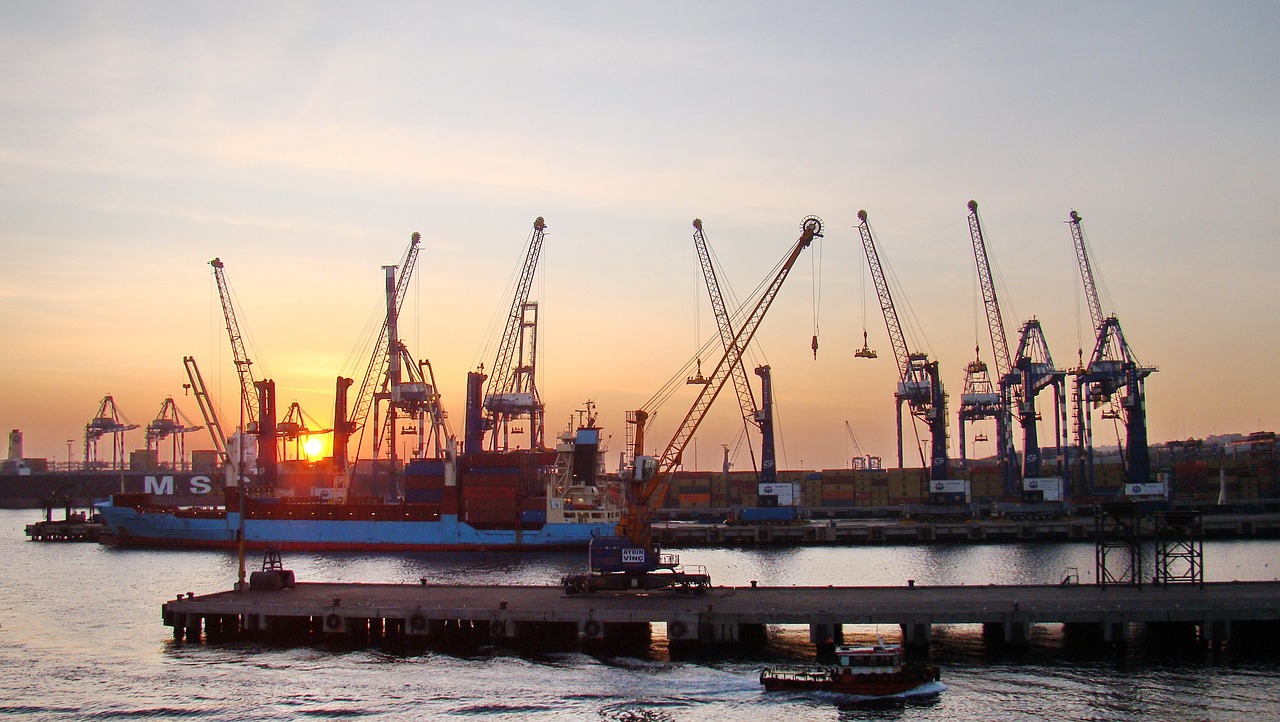Internet Connectivity Disrupted Across South Asia and the Middle East
According to recent reports, internet services in South Asia and the Middle East have faced significant disruptions due to damage sustained by multiple undersea cables in the Red Sea. Countries such as India, Pakistan, Saudi Arabia, Kuwait, and the United Arab Emirates have all reported issues with connectivity, including slow speeds and intermittent access.
The global internet monitoring organization NetBlocks identified that these outages were primarily linked to failures in two major cable systems: the South East Asia–Middle East–Western Europe 4 (SMW4) and the India-Middle East-Western Europe (IMEWE) cables near Jeddah. Additionally, officials from Kuwait confirmed that a cut to the FALCON GCX cable exacerbated connectivity problems across these regions.
Microsoft’s Azure cloud platform has also been impacted by these disruptions. As one of the leading cloud service providers globally—second only to Amazon Web Services—the company reported increased latency for traffic routed through affected areas. In an update released on Sunday, Microsoft indicated that they had rerouted connections via alternative pathways to mitigate service interruptions while assuring users outside of this region remained unaffected.
Despite these efforts at rerouting traffic, many users across various countries experienced slower response times. Pakistan Telecommunications cautioned its customers about potential degradation during peak usage hours while confirming that international partners were actively working on solutions. Users within UAE networks operated by Du and Etisalat similarly noted reduced speeds.
Interestingly, authorities in Saudi Arabia have not publicly acknowledged these disruptions nor responded to inquiries regarding them. Major global cable operators involved—Tata Communications for SMW4 and Alcatel Submarine Networks for IMEWE—have also refrained from issuing statements about this incident.
The importance of subsea cables cannot be overstated; they serve as vital conduits for global internet traffic linking continents together but are susceptible to damage from various sources including natural events or human activities like ship anchors. Repairing such infrastructure can take weeks due to specialized vessels required for locating damages before restoration can occur.
This incident occurs amid escalating tensions within the region; Yemen’s government-in-exile has suggested a connection between Houthi activities and this disruption as part of broader threats against critical infrastructure worldwide. The country’s information minister emphasized that digital networks represent a crucial lifeline today.
The Houthi-run Al Masirah TV channel acknowledged these cable cuts over the weekend based on NetBlocks’ findings. Historically accused of targeting undersea cables during their conflict with Israel—though denying involvement—the Houthis previously faced allegations related to similar incidents earlier this year when several cables were damaged under suspicious circumstances attributed possibly to maritime attacks.





